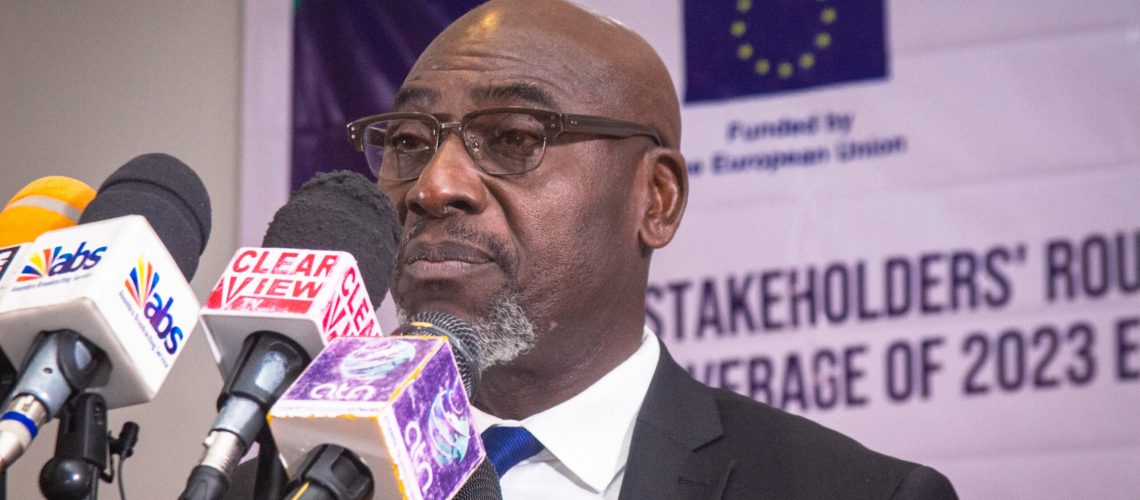International Press Centre, YIAGA Africa and other Civil Society Organisations (CSOs) and the media met to chart ways of achieving credible general elections and ensuring the protection of journalists during the polls.
The engagement was at a Media/CSO Roundtable on the 2023 elections, the roundtable was organised by International Press Centre (IPC) and YIAGA Africa on behalf of the cohort of European Union Support to Democratic Governance in Nigeria -Phase 2 (EU-SDGN II).
In their various remarks, the speakers stressed the need for credible polls as well as the protection of journalists covering the elections in various parts of the country.
They also raised concerns on some issues that may pose serious challenge to the conduct of the elections.
According to Mr Lanre Arogundade, Executive Director, IPC, enabling environment should be provided for the CSOs and the media to do their jobs during the elections.
Arogundade noted that insecurity and electoral violence were some of the challenges that would affect the ability of the media to perform its role effectively.
“We want to make a clarion call to save democracy. Coming from the media, we have our concerns.
“From the point of view of security, we are deeply concerned”, he said.
Arogundade therefore called on those whose actions could either help to make or mar the electoral process, especially the security and law enforcement agencies to ensure that their allegiance was to the constitution of the country.
He also said that their allegiance should be to the various electoral laws put together to ensure credible 2023 general elections.
“It will be so bad if such laws are set aside on the basis of any form of expediency.
“We look forward to adequate protection of journalists that will cover the elections, so that we will not have a repeat of molestation of journalists, even after been accredited by INEC.”
The IPC executive director, however, appealed to the media to be above board in covering and reporting the elections.
According to him, no matter the inflammatory remarks by candidates and political parties, the actions of the media should be geared towards helping achieve a credible poll.
“We don’t want a situation whereby we will be blamed in any way for any form of disruption to the electoral process.
“We should recognize that our political party as journalists is journalism,” Arogundade said.
Similarly, Dr Akin Akingbolu, Executive Director, Institute of Media and Society, urged the media to prioritise and amplify issues that affect the media and the freedom of journalists.
“We should amplify the issue that happened in Zamfara, because if not, it will have a ripple effect and trickle down to journalists.
“The mood of authoritarianism and anti-transparency among politicians is a conscious effort to prevent the CSOs and the media from knowing what is happening.
“What happened in Zamfara should be amplified and condemned to send a strong message to political actors, so that we have an enabling environment to do our work during the elections,” he said.
Mr Samson Itodo, Executive Director, YIAGA Africa, raised concerns on the effect, the scarcity of fuel and the naira would have on the elections.
He also raised concern on voter migration from one polling unit to another as done by INEC, as well as judgements on electoral matters from the courts.
Mr Jake Epele, Executive Director, Albino Foundation, said that though INEC had done well in terms of inclusivity of people living with disability, he was however concerned about candidates stoking fear on the electorate.
He urged candidates to address issues rather than engaging in mudslinging one another.
In his remarks, Mr Victor Aluko, Director Voter Education, INEC, gave assurance that the commission was ready to conduct credible polls.
He disclosed that necessary materials have been deployed to states, just as the commission had commenced training for personnel for the February and March exercise.
On the migration of voters from one polling unit to another, he said INEC had launched what it called “Operation Know your Polling Unit”, to educate voters on their poling unit.




